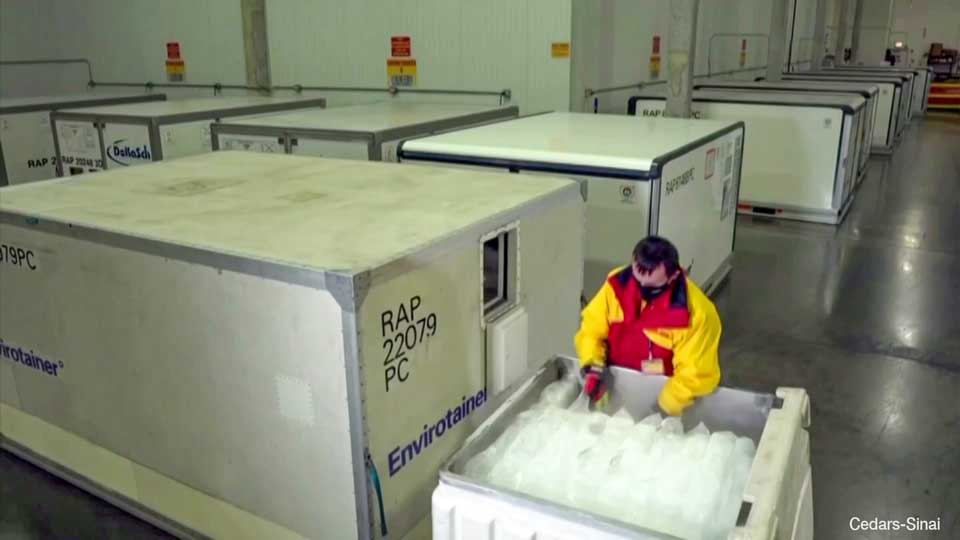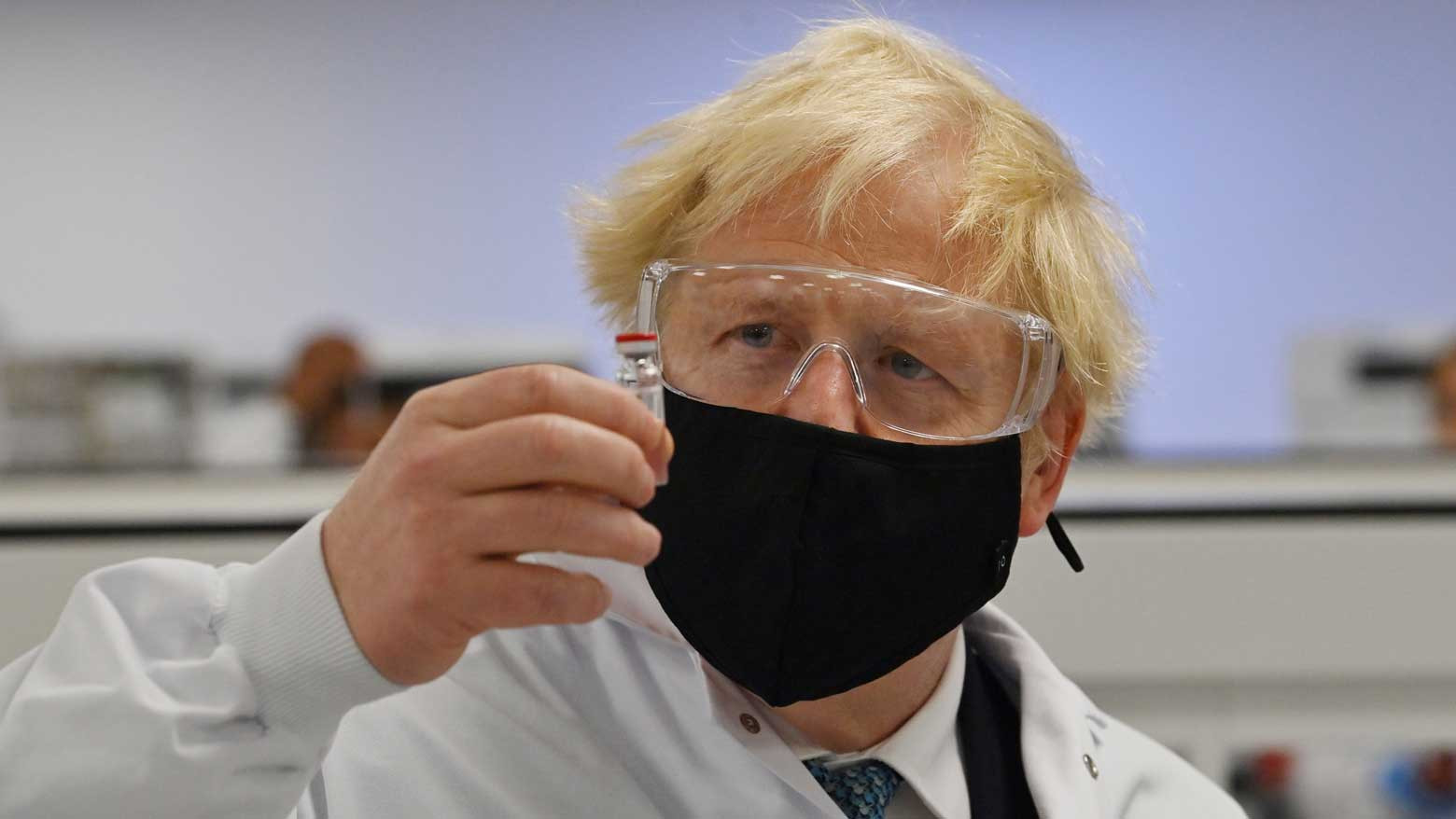Less than a year since the pandemic began, United States pharmaceutical giant Pfizer and German co-developer BioNTech announced the efficacy rate of their vaccine could be 95%. Another US company, Moderna, reports a similar rate of 94.1%. According to the WHO, globally there are 214 candidate vaccines in various stages of development, 51 of which are in clinical evaluation.
Nakayama Tetsuo, a project professor at Kitasato University and an expert in clinical virology, says the results shown by Pfizer and Moderna are well beyond the efficacy rate for influenza shots. “The efficacy rate for flu vaccine is from 30 to 60%,” he says. “I didn’t think the [COVID-19] vaccines would exceed those figures, so I was surprised to see the rates higher than I expected. I think the vaccines that have been produced are very good.”
The UK received its first shipment of 800,000 doses last week. Vaccinations are underway, with residents of nursing homes and caregivers, as well as people aged 80 and older, deemed first priority. Vaccinating those people is projected to take until the northern hemisphere spring.
In the US, the rollout is expected to start this month. Officials say 6.4 million doses will be available initially, with an aim to provide 40 million by the New Year.
Because the vaccines are new, Nakayama says people need to consider their long-term safety: “Researchers may not have found problems among tens of thousands of trial participants, but if more people are vaccinated there could be adverse reactions that lead to serious health problems. In the past, a dengue vaccine proved effective in tests and was widely used, but then it worsened symptoms for people who were still getting infected.”

Japan's Diet has enacted legislation for the distribution of coronavirus vaccines, revising existing laws so people are obliged to make efforts to receive them. Inoculations will be carried out by local municipalities and the Japanese government will cover all costs.
Japan has a deal with Pfizer to receive doses for 60 million people by the end of June next year. Separately, Moderna will supply doses for 25 million by September. Another manufacturer, AstraZeneca, is providing doses for 60 million.
Nakayama says it is unclear how long people will be protected by the vaccine. He referred to some early research that found antibodies in people who have recovered from the coronavirus declined over a period of about ten weeks.
“In the US and some countries in Europe there are tens of thousands of cases every day and the death toll is rising, so there is a rush to introduce vaccines. But that’s not the case everywhere,” he cautions. “Each country needs to consider its own data, such as the number of cases and death rates, and decide whether it needs to roll out the vaccines or not, and if it does, who has priority.”
Nakayama says Japan needs to carefully consider the results of domestic trials, and watch what happens in the UK and other countries that have already started vaccinating. He says Japan’s rollout will likely take about 6-12 months.
WHO Director-General Tedros Adhanom Ghebreyesus warns that even though vaccines are here, people need to remain on guard. “Progress on vaccines give us all a lift and we can now start to see the light at the end of the tunnel,” he told a media conference last week. “However, the WHO is concerned that there is a growing perception that the pandemic is over.”

